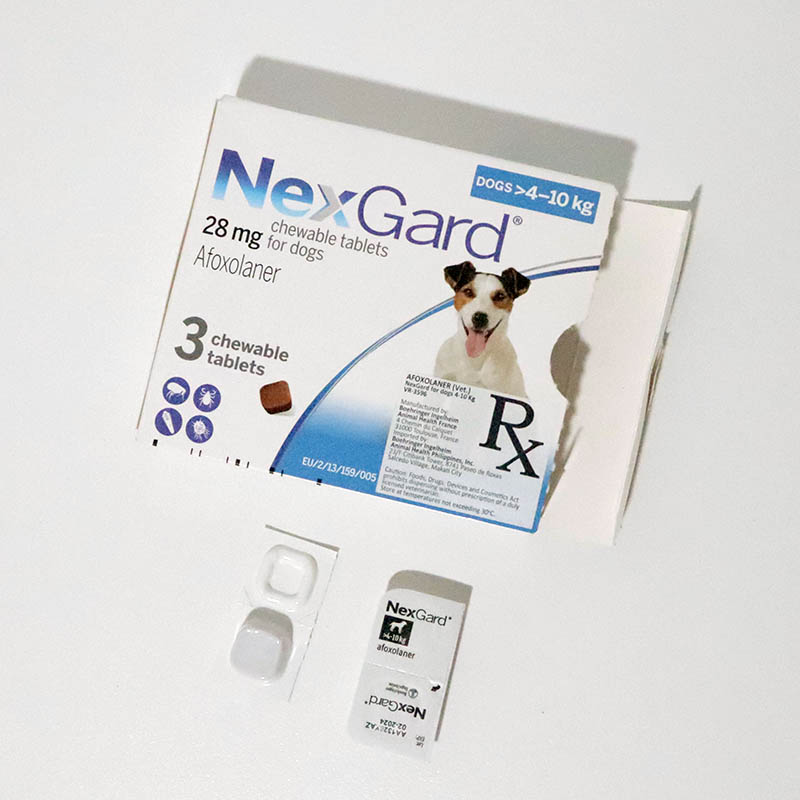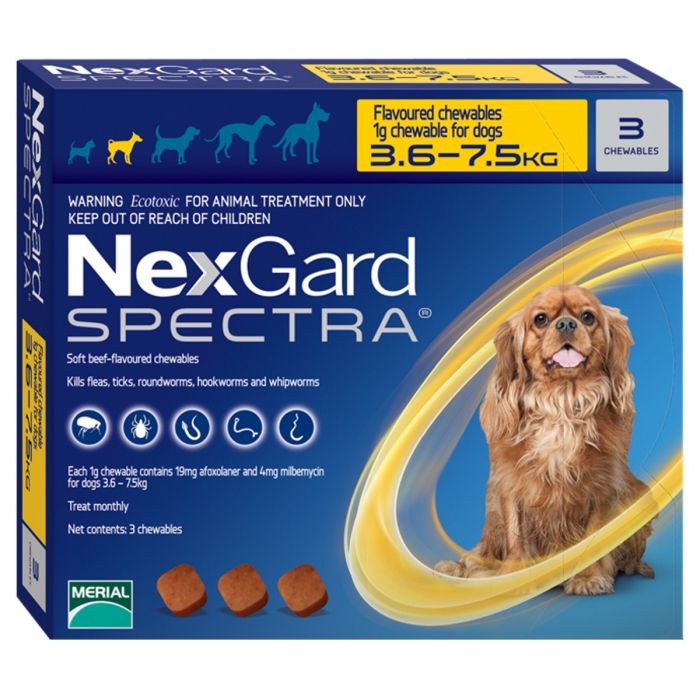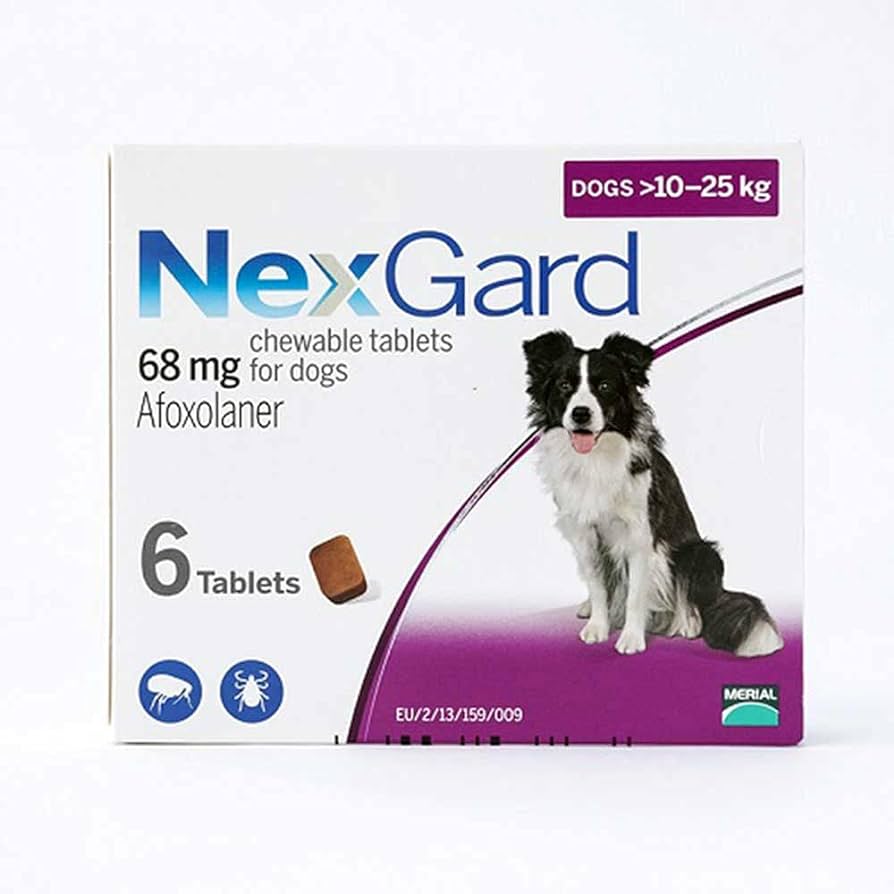Can Humans Take Nexgard
You should not take Nexgard, as it’s made for dogs and may cause harmful effects in humans. The medication isn’t proven safe or effective for human use. Consider alternative human medications for your health needs. If you want to know more about the risks, benefits, and expert opinions, keep exploring.
Key Takeaways
- Afoxolaner in Nexgard can cause adverse effects in humans.
- Nexgard is designed for dogs, not humans.
- Human medications and veterinary medications serve different purposes.
- Consulting a veterinarian is crucial before considering Nexgard for humans.
- Legal and ethical implications exist when using Nexgard inappropriately.
Potential Risks of Human Consumption
When considering the potential risks of human consumption of Nexgard, it’s essential to understand its effects on the human body. Nexgard, a popular flea and tick treatment for dogs, contains the active ingredient afoxolaner, which targets the nervous system of parasites. In humans, afoxolaner can lead to adverse effects if ingested. Symptoms may include nausea, vomiting, dizziness, and headaches. It’s crucial to seek medical attention immediately if Nexgard is accidentally ingested.
Additionally, allergic reactions to afoxolaner can occur in some individuals. These reactions may manifest as skin rashes, itching, swelling, or difficulty breathing. If you experience any of these symptoms after contact with Nexgard, it’s vital to consult a healthcare professional promptly.
To prevent accidental exposure to Nexgard, always store it in a secure location away from children and pets. Remember to wash your hands thoroughly after administering Nexgard to your dog to minimize the risk of exposure. Your safety and well-being are paramount when handling products like Nexgard designed for veterinary use.
Comparison With Human Medications
To better understand the implications of Nexgard, compare its effects with those of common human medications. Nexgard is a veterinary medication specifically designed for dogs to combat fleas and ticks. In contrast, human medications target a wide range of health issues in people, such as pain relief, infections, or chronic conditions. For instance, antibiotics like amoxicillin are commonly prescribed to treat bacterial infections in humans, while Nexgard focuses on preventing parasites in dogs.
Unlike human medications that are formulated with human physiology in mind, Nexgard is tailored to the specific needs and characteristics of dogs. While human medications undergo rigorous testing and approval processes to ensure safety and efficacy for human use, veterinary medications like Nexgard are developed for animals and may not have been tested for human consumption. It’s crucial to recognize these distinctions when considering the potential risks associated with the intake of Nexgard by humans. Always consult a healthcare professional before attempting to use veterinary medications for humans.
Expert Opinions and Recommendations
Experts unanimously recommend consulting a veterinarian before considering the use of Nexgard in any capacity. Veterinarians are highly trained professionals who can provide valuable insights into whether Nexgard is suitable for your pet based on their individual health needs. They can assess your pet’s medical history, current health status, and any potential risk factors to determine if Nexgard is the right choice for flea and tick prevention.
Additionally, experts advise pet owners to carefully follow the dosing instructions provided by the veterinarian or on the product label. Proper dosing is crucial to ensure the effectiveness of Nexgard while minimizing the risk of adverse reactions. It’s essential to administer the correct dosage based on your pet’s weight and to adhere to the recommended administration schedule.
If you have any concerns or questions about Nexgard, don’t hesitate to reach out to your veterinarian for guidance. Their expertise and guidance can help you make informed decisions regarding the use of Nexgard for your pet’s flea and tick protection needs.
Conclusion: Nexgard for Humans or Not?
When deciding on the use of Nexgard for humans, it’s crucial to prioritize safety and consult medical professionals for guidance. Nexgard is specifically formulated for dogs to combat fleas and ticks, and there’s no conclusive evidence supporting its safety and efficacy in humans. The active ingredient, afoxolaner, may have different effects on human physiology compared to canines, potentially leading to adverse reactions or unknown long-term consequences.
While some individuals may consider using Nexgard meant for dogs as a cost-effective alternative for flea and tick prevention, the risks associated with its human consumption outweigh any perceived benefits. It’s essential to remember that medications designed for animals undergo different testing and approval processes than those designated for human use. Therefore, it isn’t recommended to take Nexgard as a substitute for approved human medications without proper medical supervision.
Frequently Asked Questions
Can Nexgard Be Safely Used in Pregnant or Breastfeeding Women?
During pregnancy or breastfeeding, it’s crucial to consult healthcare professionals before using Nexgard. Safety for pregnant or breastfeeding women hasn’t been established. Always prioritize the health of you and your baby by seeking medical advice.
Are There Any Known Drug Interactions Between Nexgard and Common Human Medications?
When taking Nexgard, it’s essential to check for drug interactions with common human medications. Always consult your healthcare provider or pharmacist to ensure that combining Nexgard with other drugs is safe for you.
How Long Does Nexgard Stay in the Human Body After Consumption?
After consumption, Nexgard stays in your body for approximately 30 days. It is crucial to follow the prescribed dosage and consult a healthcare provider for any concerns or adverse reactions. Always prioritize your health and safety.
Can Nexgard Cause Any Long-Term Health Effects in Humans?
Long-term health effects from NexGard in humans are not well-documented. It’s crucial to consult a healthcare professional if concerns arise. Keep a watchful eye on your well-being and report any unusual symptoms promptly.
Is It Safe for Children to Be Around Pets Taking Nexgard?
Around pets taking Nexgard, it’s safe for children to be present. Ensure they don’t ingest the medication. Keep an eye out for any adverse reactions in both pets and kids. Enjoy your time together!
Conclusion
In conclusion, it isn’t recommended for humans to take Nexgard, as it’s specifically formulated for dogs and may pose potential risks if consumed by humans.
It’s important to always consult with a healthcare professional before taking any medication, especially those intended for animals.
Stay safe and prioritize your health by following proper guidelines and not experimenting with medications meant for pets.








